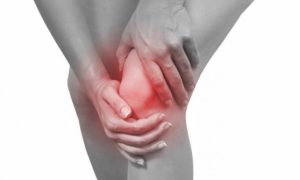Chia seeds are small seeds that are very nutrient-dense and offer a wide range of health benefits. In history, the Aztec and Mayan civilizations included them in their diets for cosmetics, religious rituals, and medical purposes. These seeds are still quite popular today.
They are versatile and can be used in many different recipes. Studies show that consumption of chia seeds can also help manage diabetes.
Chia Seeds Help Manage Diabetes
Consuming Chia seeds can help people manage diabetes. According to Healthline, promisingly, animal studies have found that chia seeds may improve insulin sensitivity. This might help stabilize blood sugar levels after meals. Moreover, much research in humans has also shown promising results.
Older research from 2010 and 2013 reveals that eating bread with chia seeds helps lower post-meal rises in blood sugar among healthy adults, compared with eating bread without chia seeds.
Other Benefits Of Chia Seeds

Chia Seeds are rich in antioxidants, minerals, fiber, and omega-3 fatty acids, according to PubMed. This ensures that your heart stays healthy, your bones remain strong, and your diabetes stays controlled. Take a look at other benefits of including Chia Seeds in your diet.
1. Helps Lose Weight
According to the Healthline, 28 grams of chia seeds contain almost 10 g of dietary fibre. That means they’re a whopping 35% fiber by weight. According to several studies, eating fiber may play a role in preventing overweight and obesity. The protein in chia seeds may also help in reducing appetite and food consumption.
2. Lower The Risk Of Heart Diseases
Consuming chia seeds may lower your risk of heart disease due to their high fibre and omega-3 content.
3. Contain Important Bone Nutrients
Chia seeds are high in several nutrients that are important for bone health, including: calcium, phosphorus and magnesium.





































